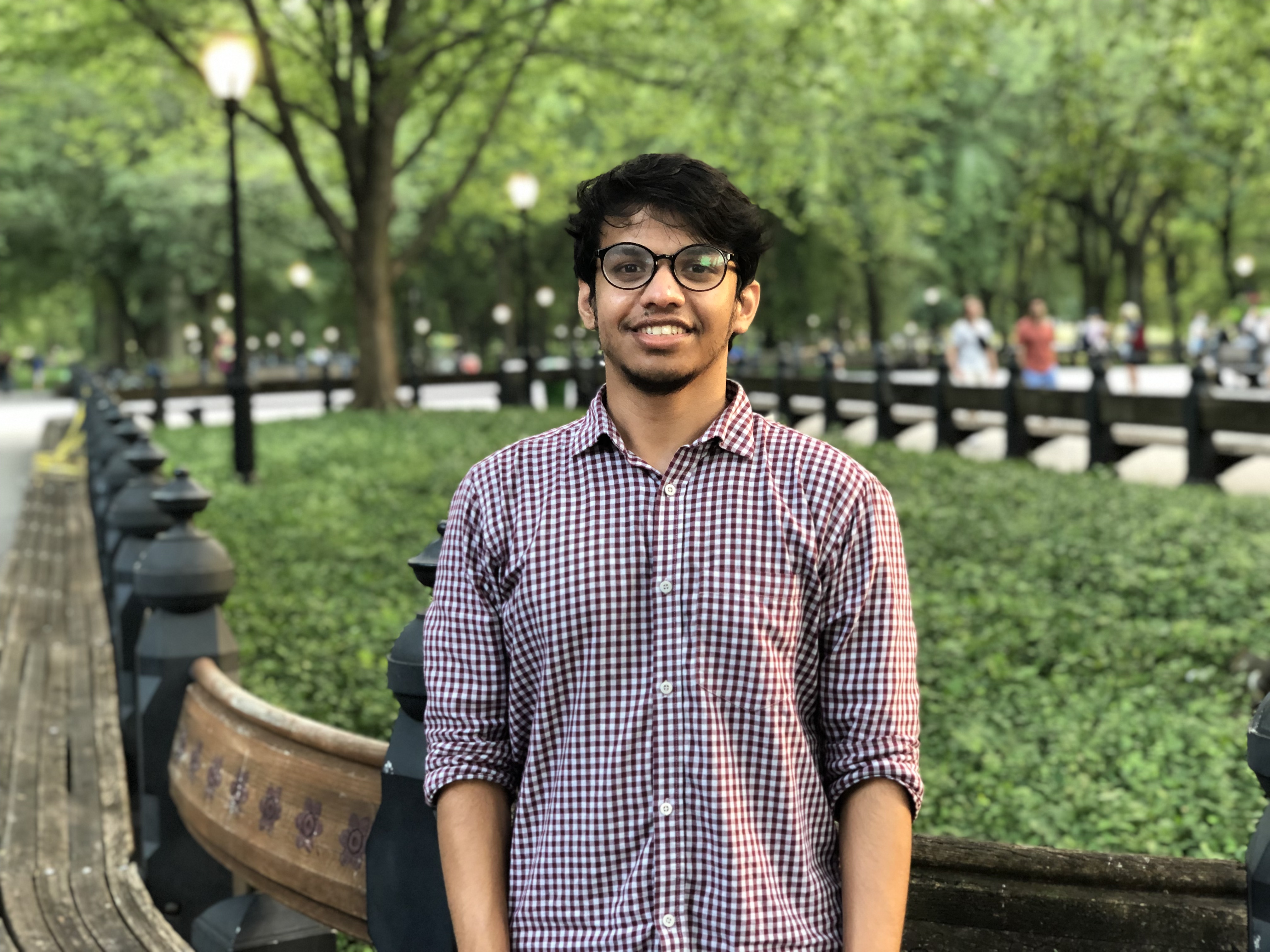My research focuses on enabling close-proximity human-robot collaboration, an area that promises to unlock the synergy of humans and robots in a multitude of collaborative tasks. My works so far have focused on developing algorithms that can be broken down into three thrusts:
i) Robot Perception: My works in this domain have improved the robot’s ability to identify the current activity of a human [4] and predict the future motion of the human based on their past motion. Furthermore, as there can be more than one human in the workspace, my proposed algorithms can scale to multiple humans [1], adapt quickly to the motion of new humans [2] and use data from multiple sensors to obtain a holistic representation of the past human motion, and use it to more accurately predict the future motion of the humans [3].
ii) Robot Control: I have worked on improving the robot’s ability to take action in dynamic environments. For robots to reliably take action, they need to perceive and predict any changes in their environment and accordingly take actions. My proposed algorithm [5] allows the robot to learn a robust representation of its environment. This is achieved by using hindsight experience replay, similar to how we humans learn from experience. Using hindsight experience replay, my algorithm allows the robot to learn what are the expected future states of the environment, what is the distance between the current state and the desired state, and what actions will allow it to reach this desired state. My work also demonstrates that the robot can use prior knowledge about the state to adapt to dynamic environments and static environments.
iii) Continual Learning: The current explosion of AI-driven methods is built on training Deep Neural Networks, which can learn highly non-linear functions, given enough data and labels. However, Deep Neural Networks are prone to catastrophic forgetting, a phenomenon where the network forgets its past knowledge when it observes new data. To address this challenge [6], my work proposed a novel learning scheme that allows the network to learn salient representations that is not necessarily data specific and can be re-used when new data arrives. As such, the network is less likely to forget past knowledge.

